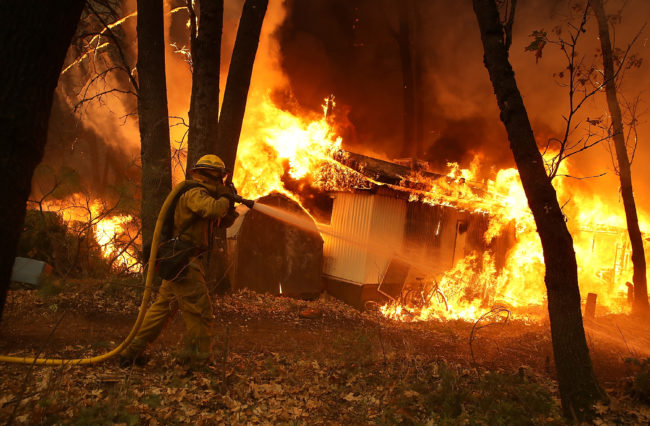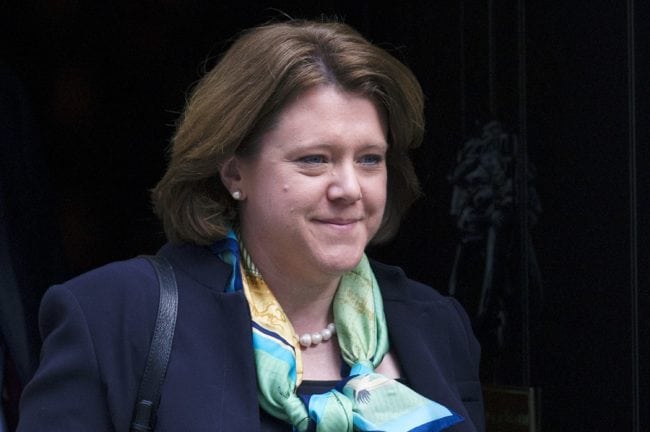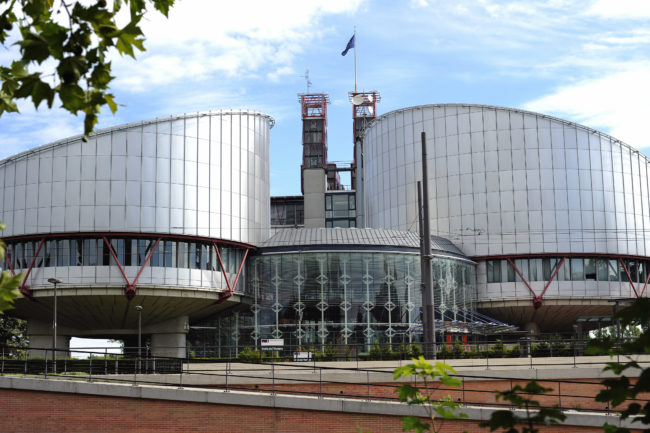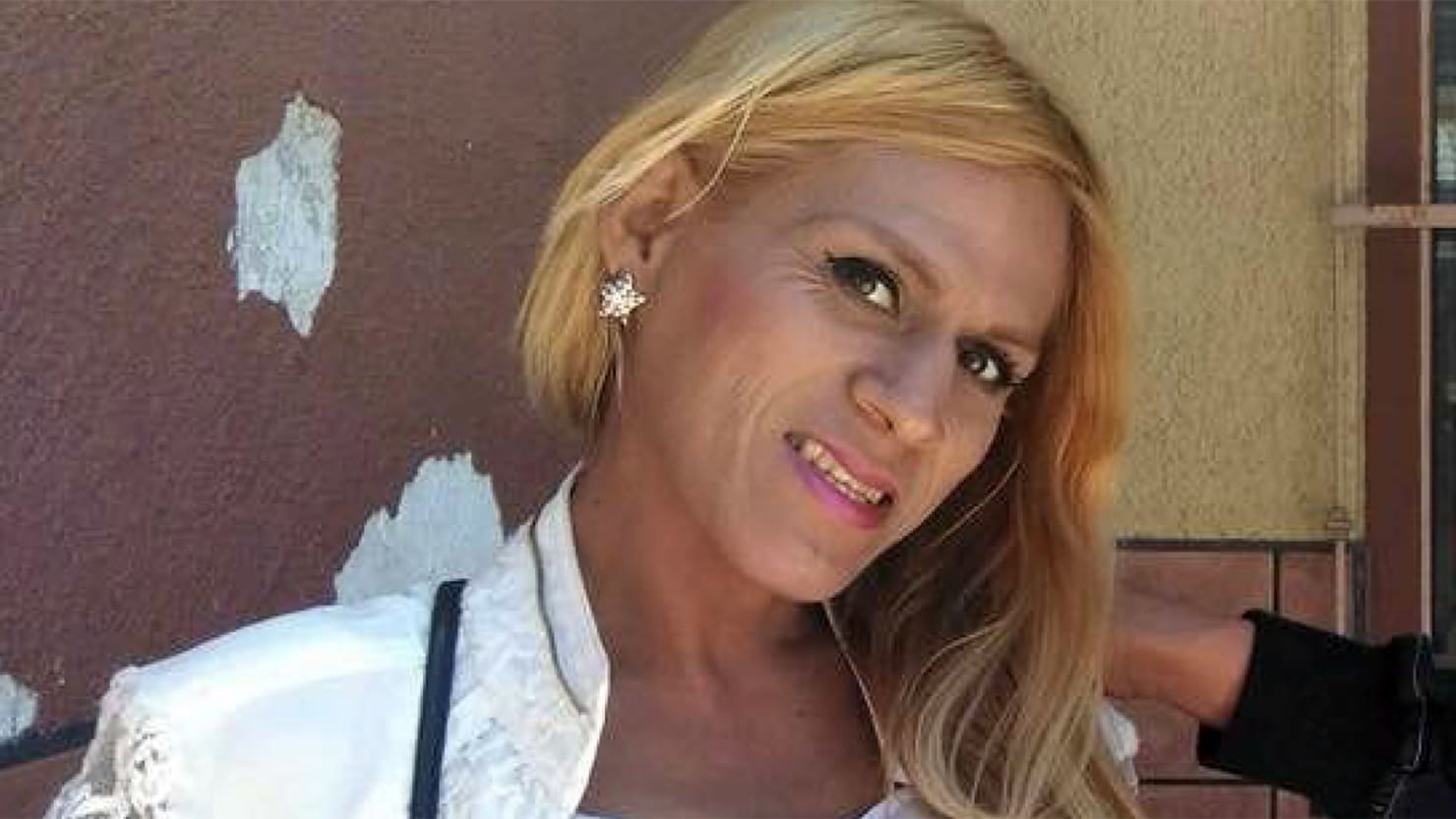Content Note: This article contains graphic descriptions of sexual assault and domestic violence
Jen Deerinwater is a bisexual, two-spirit, and disabled Citizen of the Cherokee Nation of Oklahoma. Recently, they took to Twitter to share their #MeToo story. For Deerinwater, bringing awareness to the treatment of indigenous women and girls is a necessary goal in the #MeToo era.
‘For me, it’s all about sharing our stories and realities,’ says Deerinwater. ‘We can’t change the system if our existence isn’t even acknowledged.’
On 16 November, Deerinwater bravely shared their most recent #MeToo story on Twitter.
Deerinwater’s story
‘I’m a survivor of sexual assault, domestic violence, harassment, and stalking. This was all before I was raped in February too,’ Deerinwater tells GSN.
‘I’ve been raped so many times in my life that I can’t put a number on it anymore. The fact that this violence is so insidious yet the system and society at-large has done so little to stop it and bring justice for survivors is why I’m speaking out.’
‘I had attempted to file police reports and get stay away orders in the past, but had police refuse to take the report. This time around was different, but no less awful,’ they explain.
‘I’m anti-law enforcement and am a prison abolitionist, but in an imperfect world of rape culture I wasn’t left with many choices. I was basically held hostage in my home and raped and physically assaulted for 7 hours. I was screaming for quite a while and none of the neighbors came to help. He wouldn’t leave my home and the violence was becoming worse.’
‘I finally cracked and called the cops despite knowing that having them present could result in my arrest, as so often happens to survivors, or I could even murdered by them.’
Soon, Deerinwater learned of their rapist’s criminal past — most of which is related to violence against women. They decided to press charges.
‘All he saw was a disabled, queer, Native that couldn’t and wouldn’t fight back. He was dead wrong,’ Deerinwater says.
Pressing charges
‘The system is so ableist, racist, misogynistic, and so forth that I have to deal with the trauma from it. I don’t think people realize how belittling and degrading it is to go through a rape exam, talk to cops and prosecutors, and take the stand in a trial. They don’t realize that the system repeatedly protects abusers.’
‘He wasn’t even charged with rape or unlawful entry in my case,’ Deerinwater states. ‘He was charged and convicted of misdemeanor domestic violence, simple assault.’
Deerwater explained how the rapist’s defense team painted them as ‘feeble minded’ and ‘confused’ due to their disability, even forcing them to disclose which medications they’re on.
‘He threw my sexual history at me trying to paint me as someone who got what they deserved,’ Deerinwater recalls.
Despite there being rape shield laws on the books which protect survivors from having their sexual history used against them, they didn’t seem to apply to Deerinwater.
‘I couldn’t talk to anyone about what was going in the case either for fear it’d jeopardize the case. I had to walk through the world not only carrying what he did to me, but also the trauma of the system. This was its own horror and abuse.’
Not even three months after assaulting Deerinwater, the same man was arrested on similar charges.
‘I wouldn’t have known exactly what happened if it didn’t come out in the sentencing,’ they say. ‘He stuffed a sock in the woman’s mouth because she was screaming and yet the charges were dropped. The system is responsible not only for my rape, but that of every other person he’s hurt.’
Feeling alone
For Deerinwater, the fallout was so much more than just with the legal system.
‘I’ve also lost friends and community members over this,’ they say. ‘Some people have said that I’m a cop caller and can’t be trusted. It’s been really painful and infuriating to hear those that should value my life instead claim that my life has no value. In an imperfect world, what exactly are survivors supposed to do? What exactly should we do with men like him? I don’t believe in the criminal justice system, but he has no right to walk through this world repeatedly hurting people.’
‘I decided to speak publicly because people need to understand just how many times someone like me is victimized in our lifetimes and that the system doesn’t give a damn. The system is actually set up to allow people like me to be brutalized and I’m fed up. My life has value and I’ll be damned if I stay silent.’
The LGBTI community & Native Americans
When it comes to the LGBTI community at large, Deerinwater hopes they can be more respectful of the plight of Indigenous people.
‘The community needs to recognize and honor that they’re on Indigenous land. If it weren’t for Native genocide there wouldn’t be Pride parades and gay bars. Non-Native queer folks also need to take action and stand in solidarity with queer Indigenous people. This means owning their place of privilege and/or complicity in our harm and putting their bodies on the line for us.’
Supporting Native people
Deerinwater urges American citizens to consider the complexities Native people face when participating in social justice activism.
‘Calling a congressperson or signing a petition is never going to get me and mine free,’ they state.
‘My communities, especially Natives, are all facing significantly higher rates of poverty and violence than others. Many of our advocacy organizations are severely underfunded so money is always a need. There also needs to be recognition and acknowledgement by those with privilege in terms of how they’re harming my people. Those people also need to stop centering themselves and put their bodies on the line in our fights.’
Some practical advice Deerinwater offers for those looking to be better allies to Natives include dropping the bank Wells Fargo as a corporate sponsor for events. Wells Fargo funds detrimental oil pipelines, such as the Dakota Access Pipeline (DAPL), which harm Native lands. Additionally, banks like Wells Fargo are making profit on migrant detention centers in the south.
Anything else?
Earlier this month, Sharice Davids became the first openly LGBTI Native American person in congress. Throughout her career, Davids has worked with many Native tribes.















